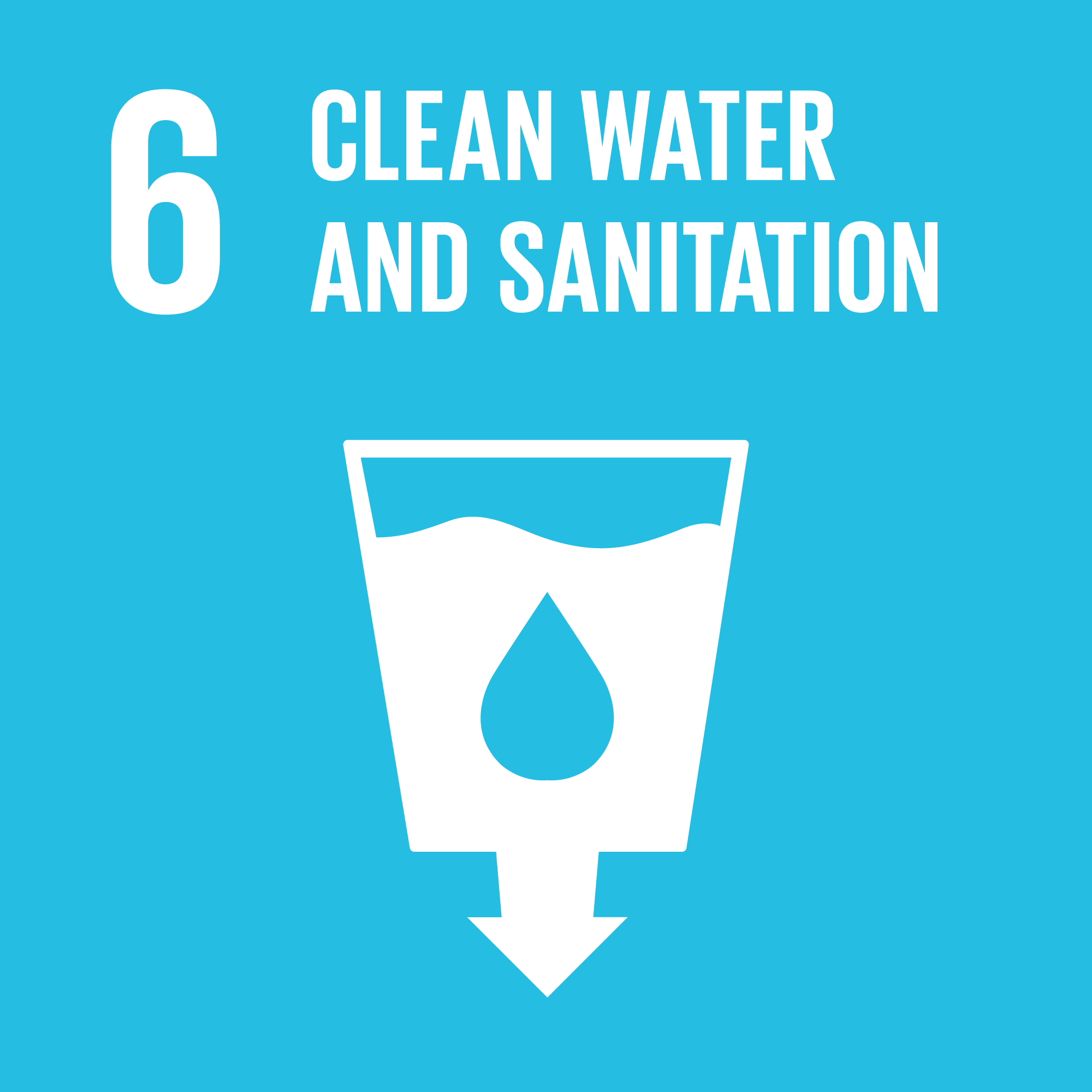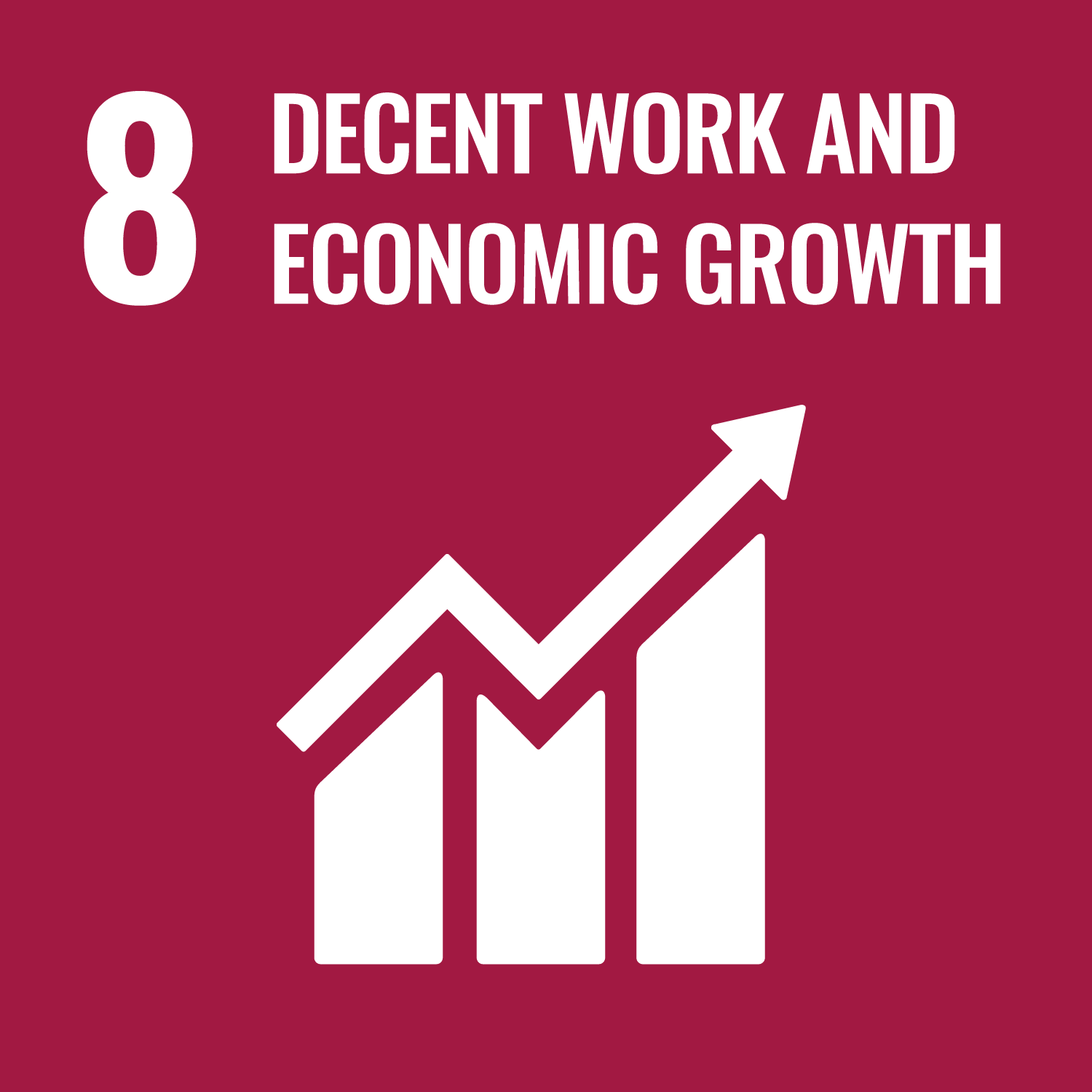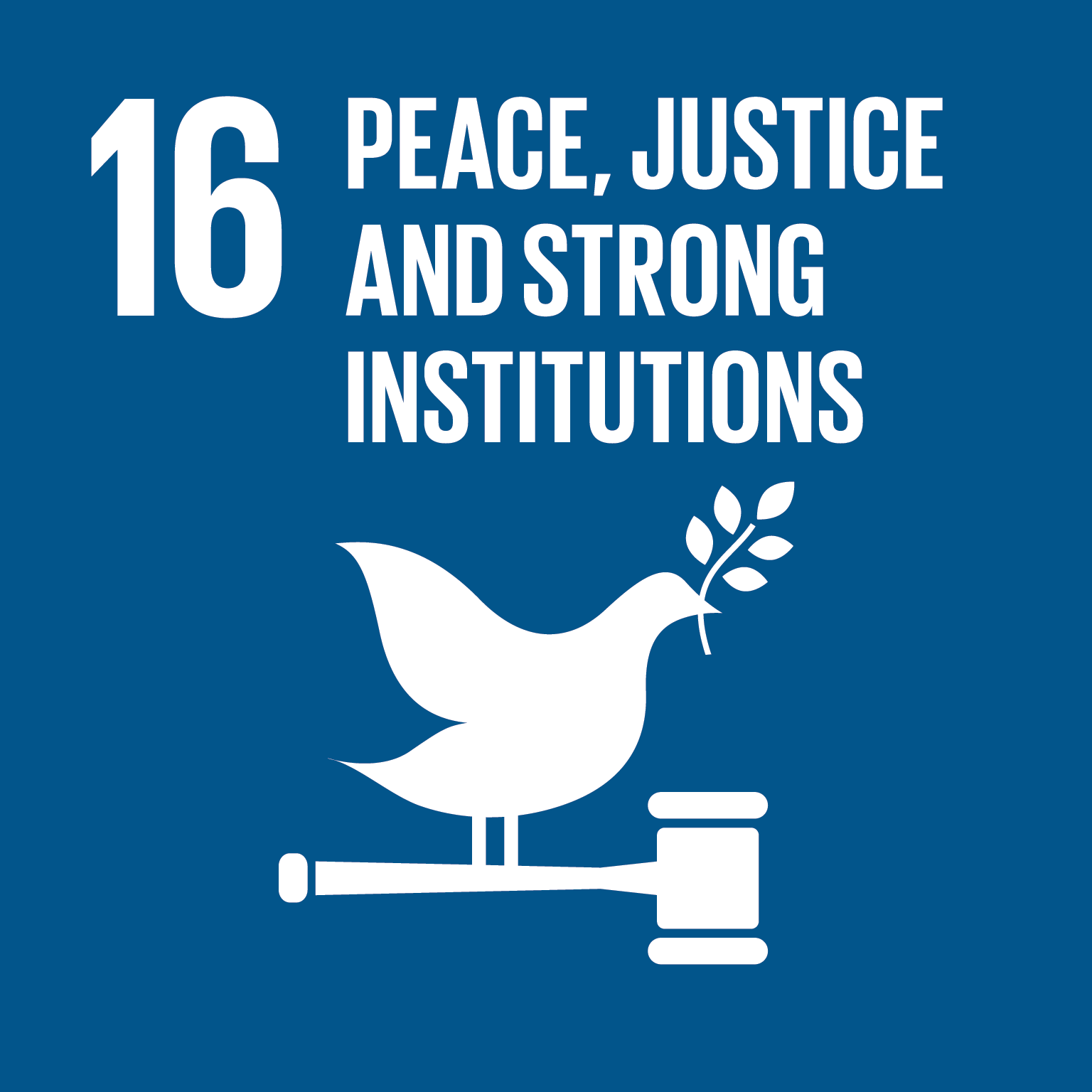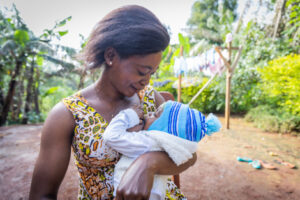HEALTH
What We Do
Tanzania faces significant challenges in maternal and reproductive health, with a high maternal mortality rate (MMR) of 556 deaths per 100,000 live births (World Bank, 2020). Major causes include hemorrhage, sepsis, unsafe abortions, and obstructed labor, many of which are preventable with access to skilled healthcare. However, only 63% of births are attended by skilled health personnel, with rural areas particularly underserved at 55% coverage compared to 85% in urban areas (TDHS 2022). Teenage pregnancy is also prevalent, with 27% of girls aged 15-19 having begun childbearing, often due to early marriages, limited education, and lack of reproductive health services (TDHS 2022). These issues are compounded by regional and rural-urban disparities, which limit access to quality healthcare in underserved areas.
HIV/AIDS further exacerbates maternal health challenges, with an adult prevalence rate of 4.7% (UNAIDS 2022). Women of reproductive age are disproportionately affected, and mother-to-child transmission remains a concern despite progress in antiretroviral therapy (ART) coverage. stained efforts to achieve meaningful progress.
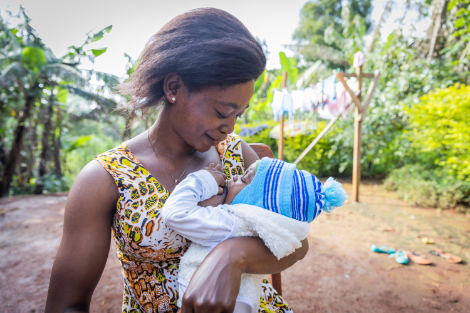
Our Approach

Our Activities in the community include:
- Conducting workshops and outreach programs to educate women and girls about maternal health, family planning, and the dangers of early marriage and teenage pregnancy.
- Raising awareness about HIV prevention, testing, and treatment, emphasizing the importance of antenatal care and prevention of mother-to-child transmission (PMTCT).
- In collaboration with the government, training local women as Community Health Workers (CHWs) to provide essential maternal and reproductive health services, including antenatal and postnatal care, in underserved rural areas.
- Establishing mobile health clinics to reach remote communities, offering services like prenatal check-ups, family planning, and HIV testing.
- Collaborating with traditional and religious leaders to challenge harmful practices like early marriage and promote the importance of skilled birth attendance.
Our Focus

